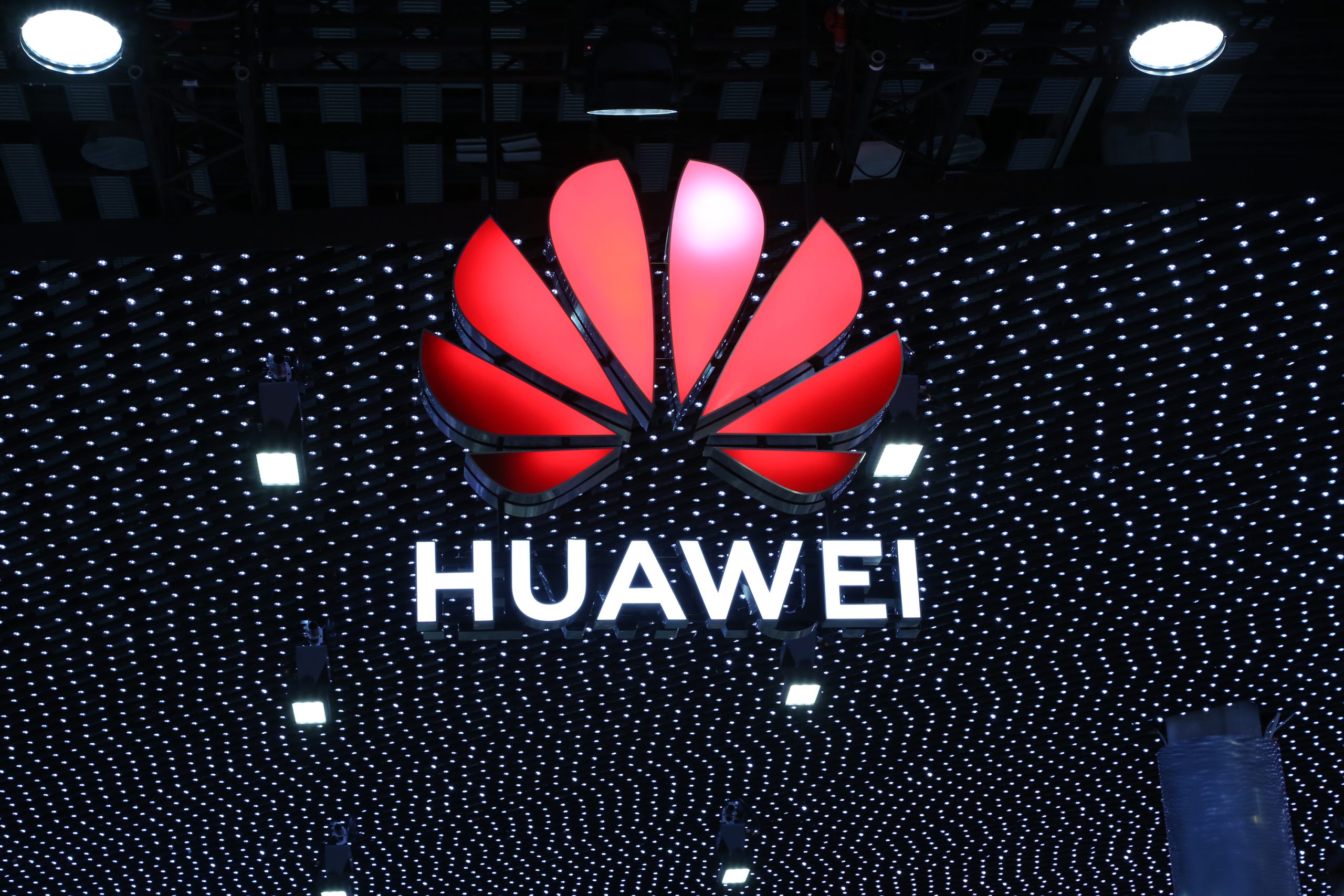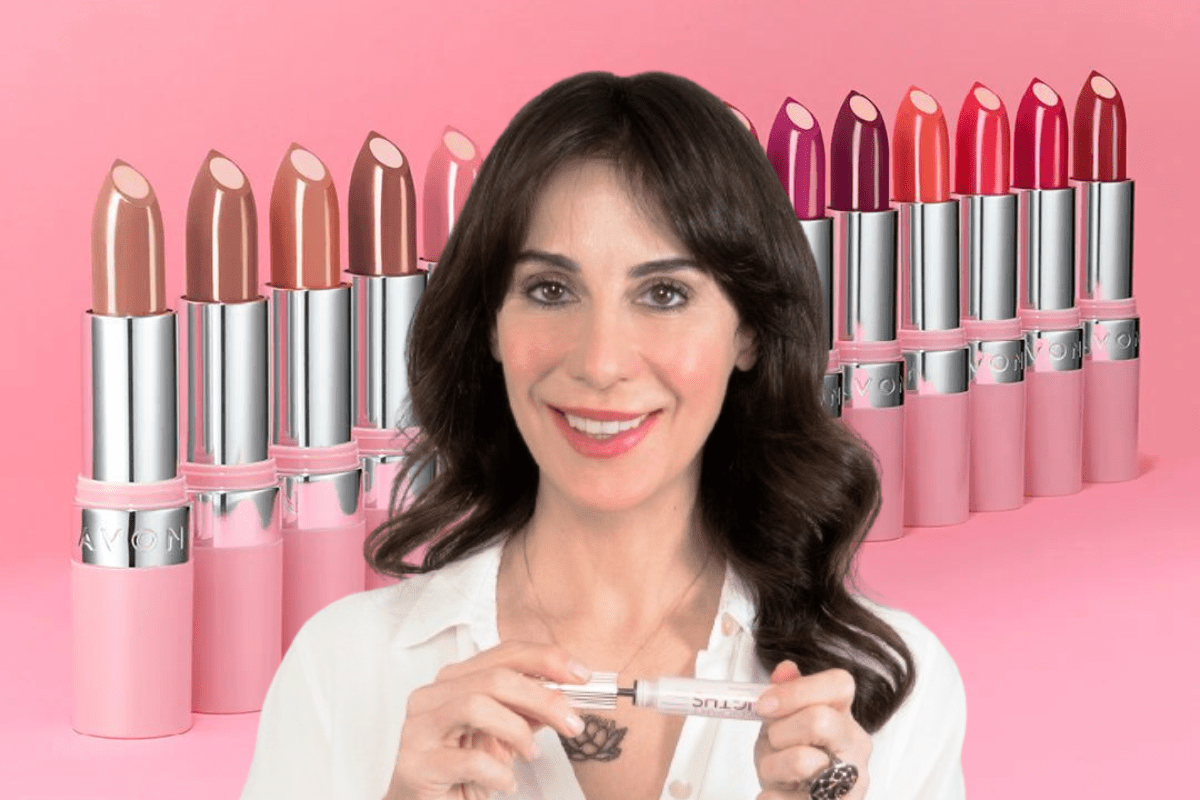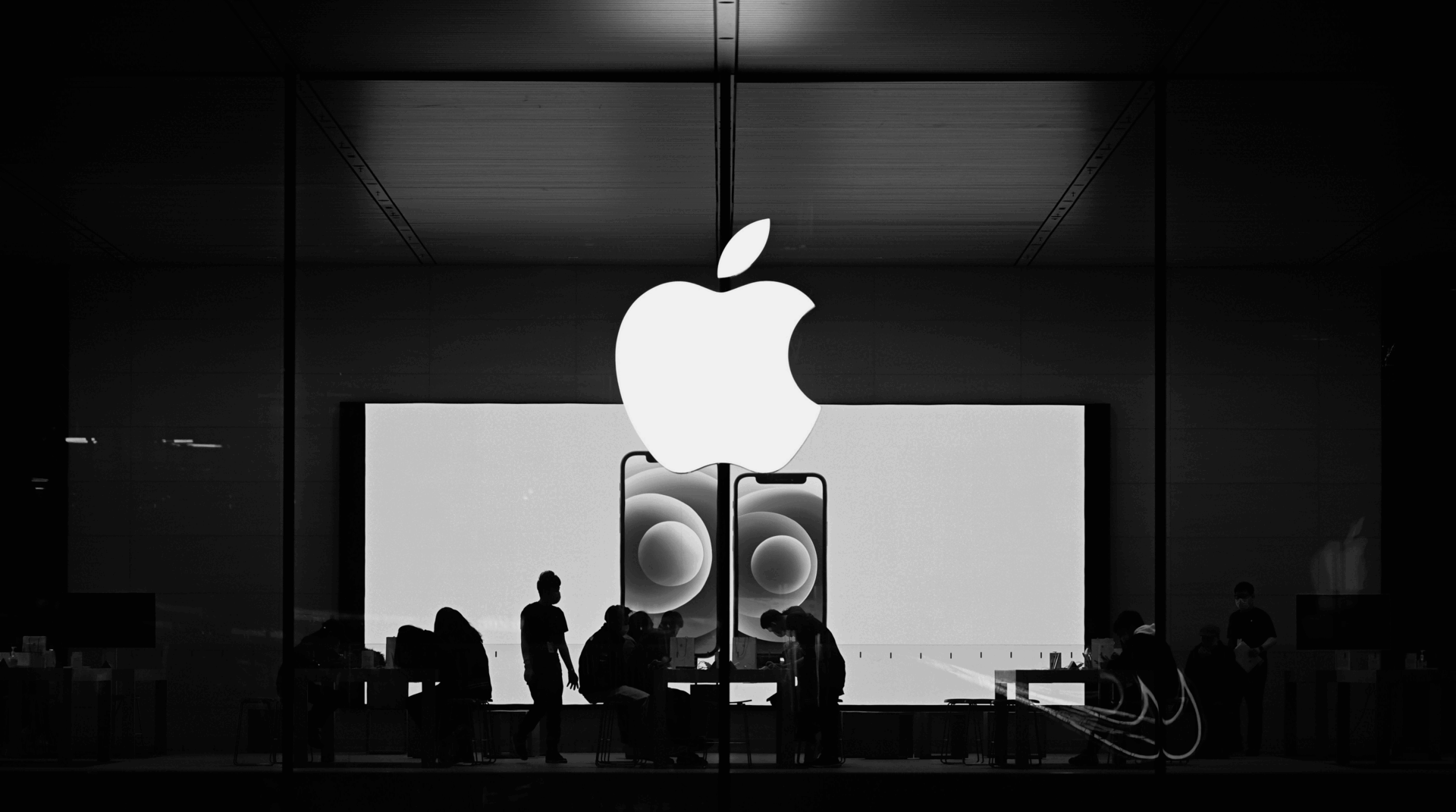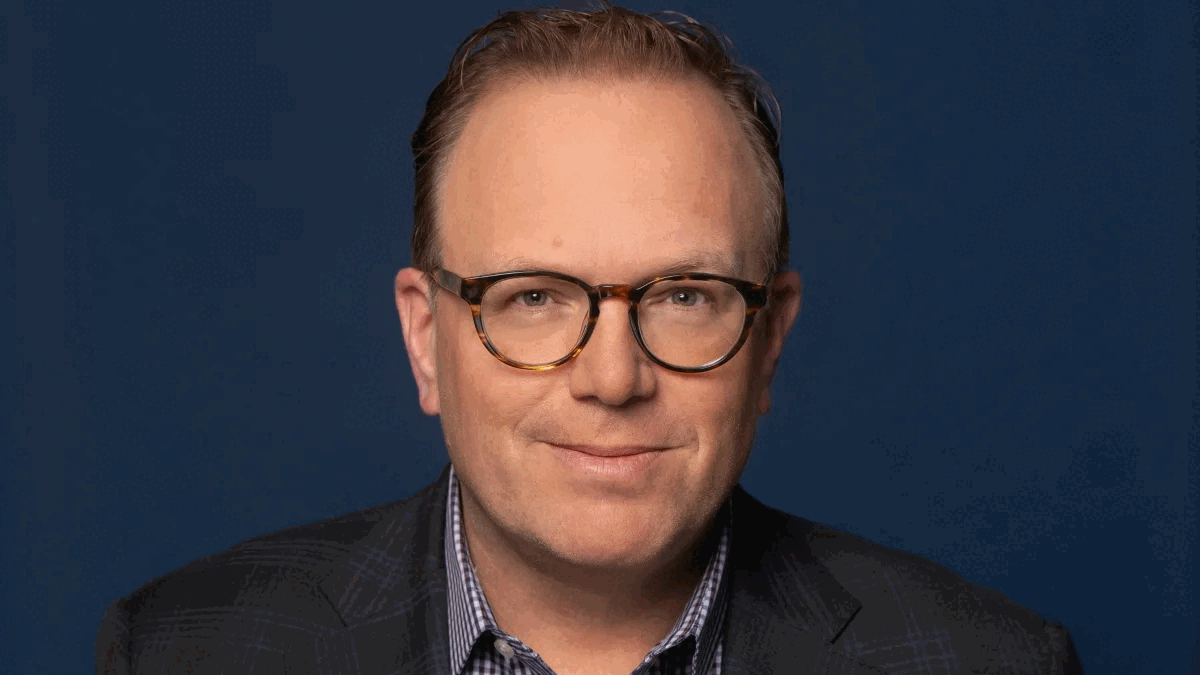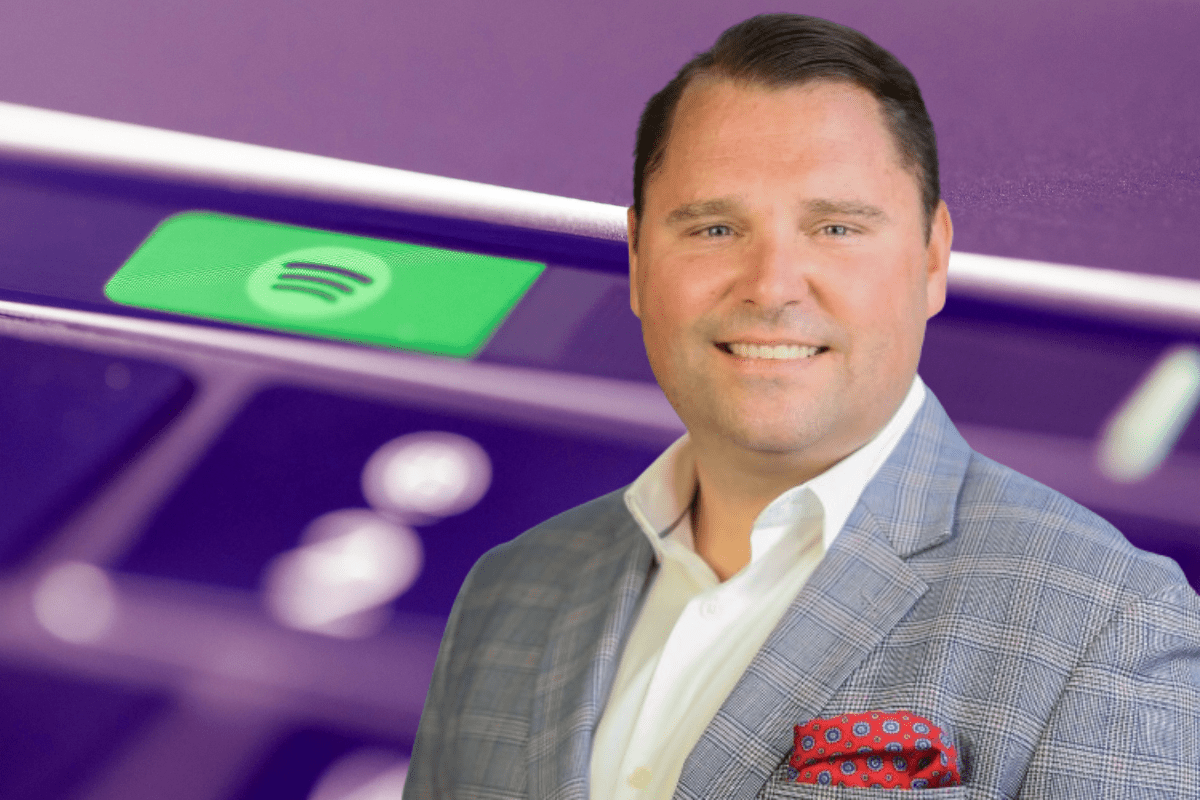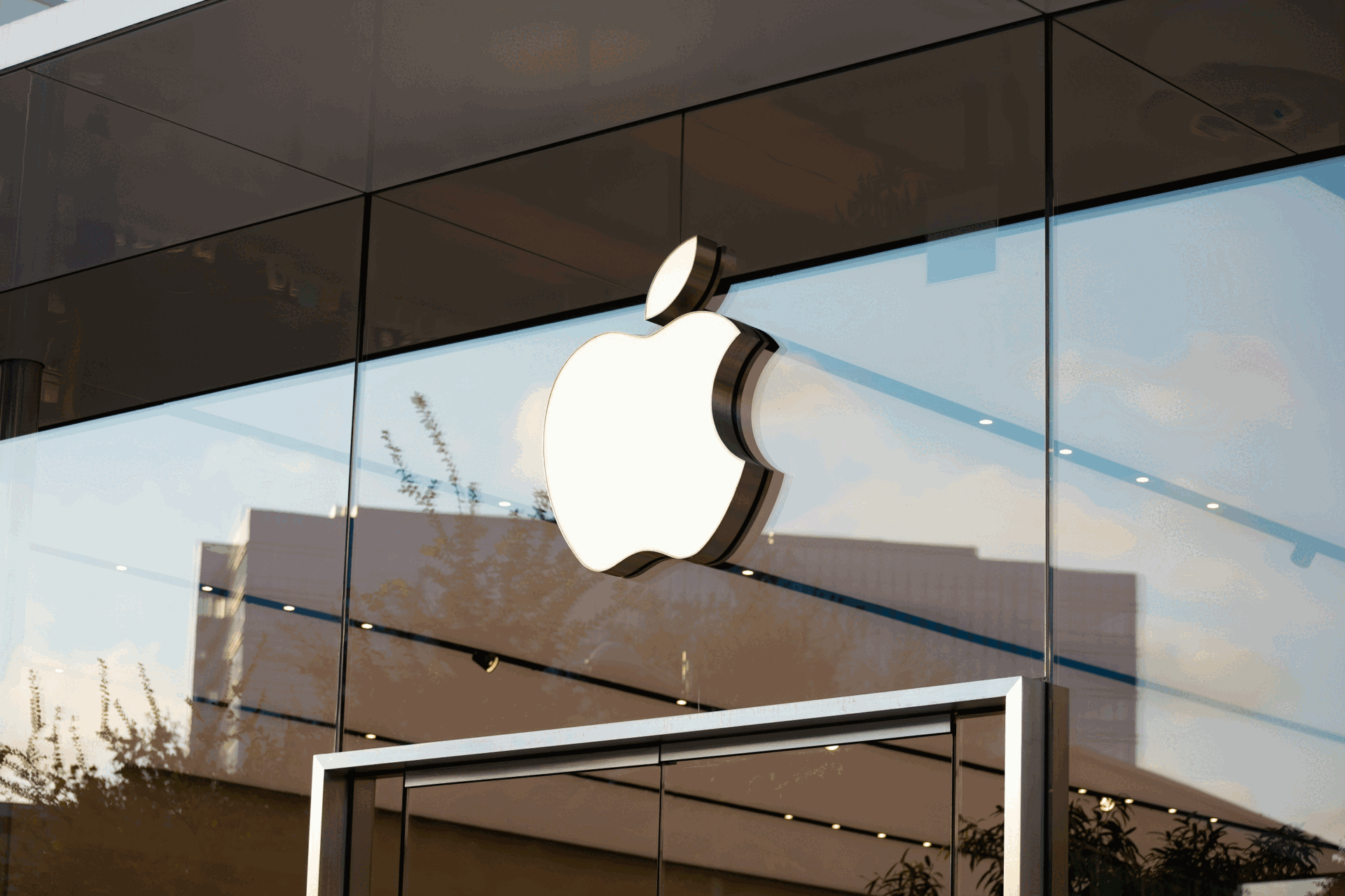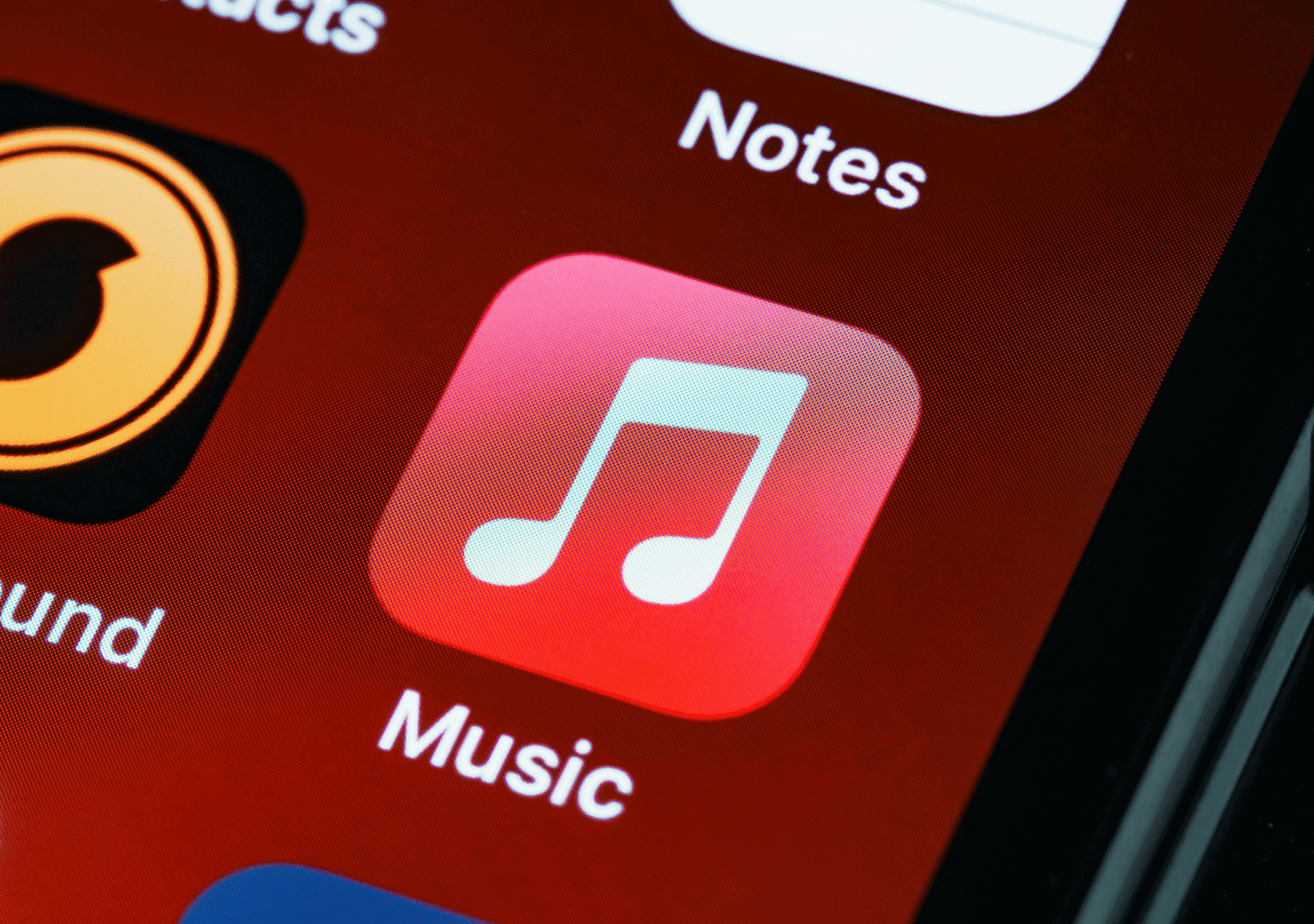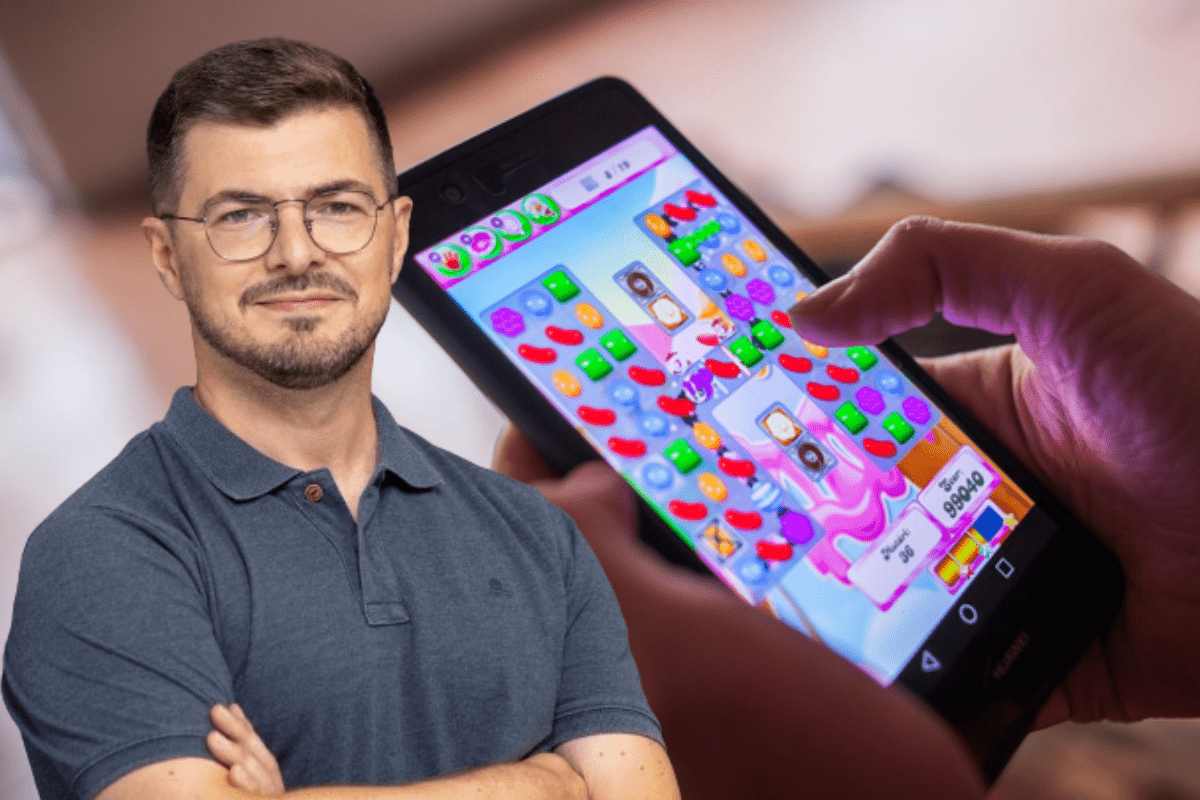The Death of the iPod?
- Friday, July 28th, 2017
- Share this article:
Today marks the end of an era. After almost 16 years and over 400m sales, the iPod has quietly been sent into retirement. Earlier today, Apple ceased sales of the iPod Shuffle and Nano, the last two non-streaming players it had available, one of its most iconic creations firmly replaced by the new generation of smartphones that can stream music alongside a wealth of other functions.
The iPod marked the beginning of Apples rennaissance, not just as a successful firm but also as a cultural force. But technology continues to march on, and the notion of loading up your device ahead of time with all the music you want probably seems terrible outdated to teenagers today used to streaming anything they want at a moments notice.
To mark the end of the iPod, we reached out to the tech and music industry for their thoughts on how the device had changed the world, whether it deserves to be retired, and their favourite memories of the age of the iPod. Now if youll excuse me, Im going to fire up my trusty old third-generation iPod Nano thats served me well for over 10 years and listen to some tunes…
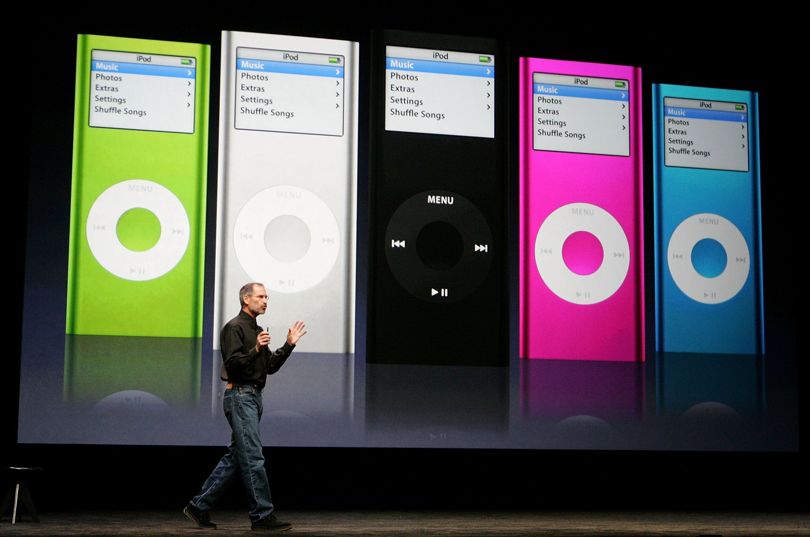
James Erskine, managing director, The Big Shot and strategy director, Social Circle
“I am one of the few people that loves my iPod. I listen to a lot of audio, podcasts and audio books, specifically. I purchased an iPod only last week for my little boy to listen to David Walliams and Roald Dahl audio books as he drifts off to sleep.
“Even I am curious as to how long the Nano and the Shuffle have lasted as long as they have. What is curious is that these things are often lead by consumers – people forget that it was only two years ago iPhones had FM radios in them. Also, it is worth noting that Apple have killed off a tiny square device with limited functionality in the iPod Shuffle, and recently launched the Apple Watch – another small square device with limited functionality.
“What these two devices that Apple are shelving lacked was online connectivity – only the iPod Touch remains and that is wi-fi enabled – and connectivity to other Apple devices within the ecosystem, like the Apple Watch. This is a shame, but the writing has been on the wall for a while now.”
Melina Jacovou, CEO and co-founder, Propel
“At the time [the iPod] was fantastic and yes, it was a design classic, but when you look back it was just a portable hard drive. For me, the real disruption of the music industry came with the streaming services such as Spotify and the advent of discoverability. The iPod was a nice device but really it was always going to be killed of by the iPhone.”
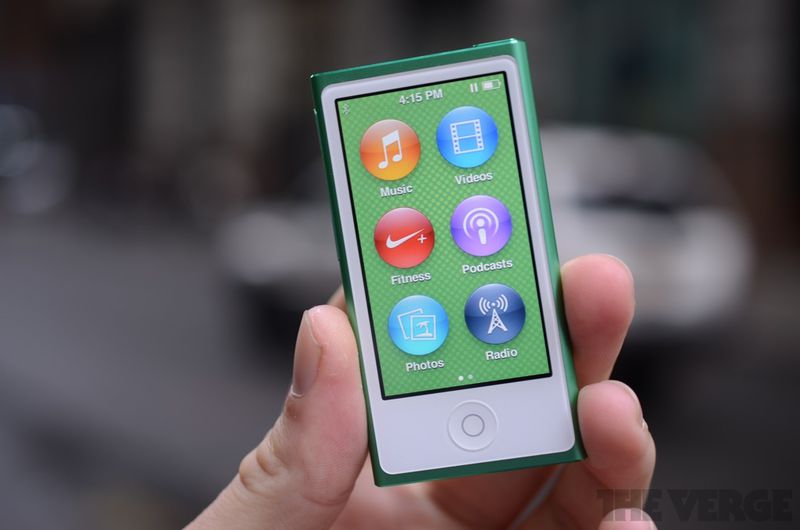
Gavin Stirrat, managing director, Voluum
“Apples decision to pull its iPod Nano and Shuffle from virtual stores today is bittersweet. Its rise – and equally its fall – is a reflection of developments in technology and the changing behaviours of our generation. In the 2000s, it popularised the MP3 player, allowing us to listen to our entire music collections on the go.
“However, its death represents the growing influence and ease of use of music streaming services like Spotify. Its not all bad news – the fall of the iPod signals an ideal opportunity for Apple to place a bigger focus on transforming its Apple Music service into a stronger and more dominating force in the music streaming market.”
Adam Libonatti-Roche, freelance social media and creative consultant
“The iPod may be gone, merged into Apple Music after pioneering the MP3 format, but its influence will always be felt for years to come. From the original click wheel design to the touchscreen UI inspired by the iPhone, the iPod always did one thing well. That one thing was making accessing and listening to your music simple.
“MP3 players prior such as the Sony Walkman just overcomplicated the process of putting music onto the device; the iPod was drag and drop simplicity. You wouldnt have it any other way today and it there was an extra step to get music to your device, youd be frustrated and seek out the easier option.
“Also, without the iPod existing, then The Caesars “Jerk It Out” would never have got the exposure it so totally deserved.”
Andy Oakes, CEO, Bluestripe
“The iPod Classic was my gateway drug to a decade and a half of buying Apple products. I remember buying my first iPod on a trip to New York. It was great but I needed more so when the first iPod touch came out I had to have one. Inevitably, that led to buying an iPhone and then an iPad. Well, five iPads, as it turns out.
“The iPod has caused me to spend fortunes on Apple products. Yes, it was just a music player, but so was the JVC minidisc player, and that hasnt inspired years of brand loyalty in me.”
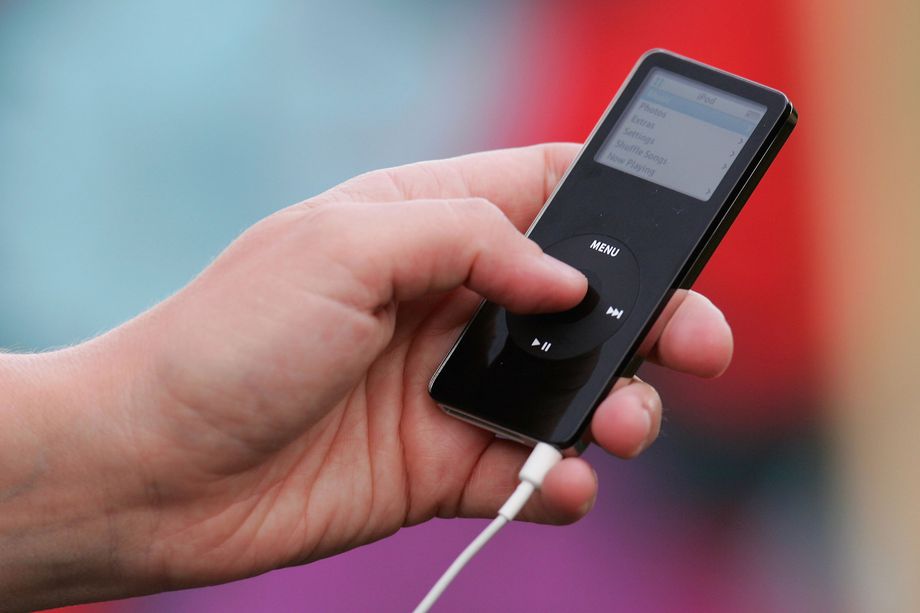
James Shepherd, commercial director for EMEA, M&C Saatchi Mobile
“Ive built a large MP3 library over the last 10-15 years, and I cant imagine not having that music available to me wherever I am and whenever I want it. And theres plenty of weird old stuff in my library that I cant get on any streaming service. I do mix MP3 and streaming though. Most new music I listen to is streamed, although I still download it to my device for offline use. Does that make it MP3?
“From a quick straw poll of the early-20-somethings sitting near me now, none of them listen to MP3s. Its all streaming and all online. This is a product of music consumption being a lot more snackable now. Dipping into songs and playlists now and again rather than listening to full albums and bands.
“I sound like my parents did 25 years ago lamenting the end of vinyl because of these new-fangled CDs, but streaming music consumption has completely changed the way younger generations listen to music. And, to cement my old man credentials, for the worse!”
Max Moore, CEO, Booxscale
“I loved my iPod, but it took real effort to decide what albums you wanted on there and whether you should buy them again. It took me a long time to get round to having all my music collection on a device in my pocket, and although it doesnt seem like much now, the shuffle function was fantastic. That whole serendipity thing was quite a moment in digital device history.”
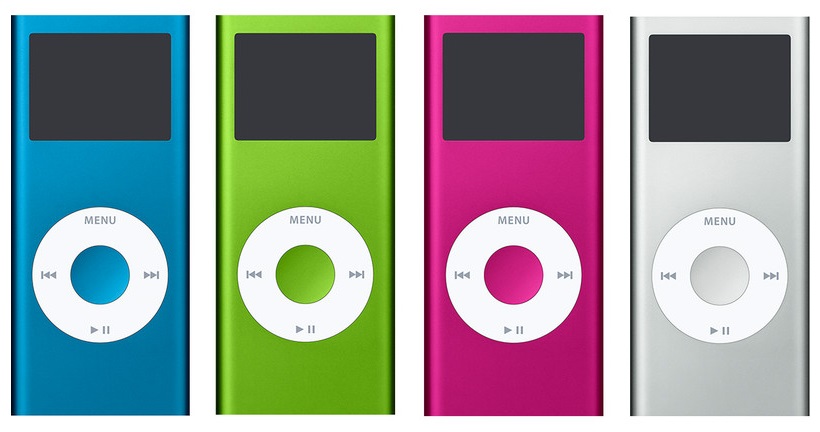
Anthony Abbott, digital product director (audio) at Bauer Xcel Media
“The iPod Shuffle was an incredible piece of technology that pushed boundaries of what the average consumer could carry around in their pocket. The conversation has now moved on as consumer behaviour changes; there has been an exponential growth in music streaming brought on in part by an explosion in new radio brands.
“Whether this is a shared experience such as radio or whether your streaming through iTunes in your headphones, there is a growing choice of consumption thanks to the expansion of digital audio, but this has made the need to download songs onto the iPod redundant – consumers now only need to own one product.
“Around the clock connectivity to wi-fi has driven this evolution of digital audio and brands are seeing real opportunity, with many delving into this area – a great example is a non-radio brand such as The Debrief launching a podcast. This opens up the way for advertisers to take advantage of these opportunities, combing the quality of technology with creative spark.”
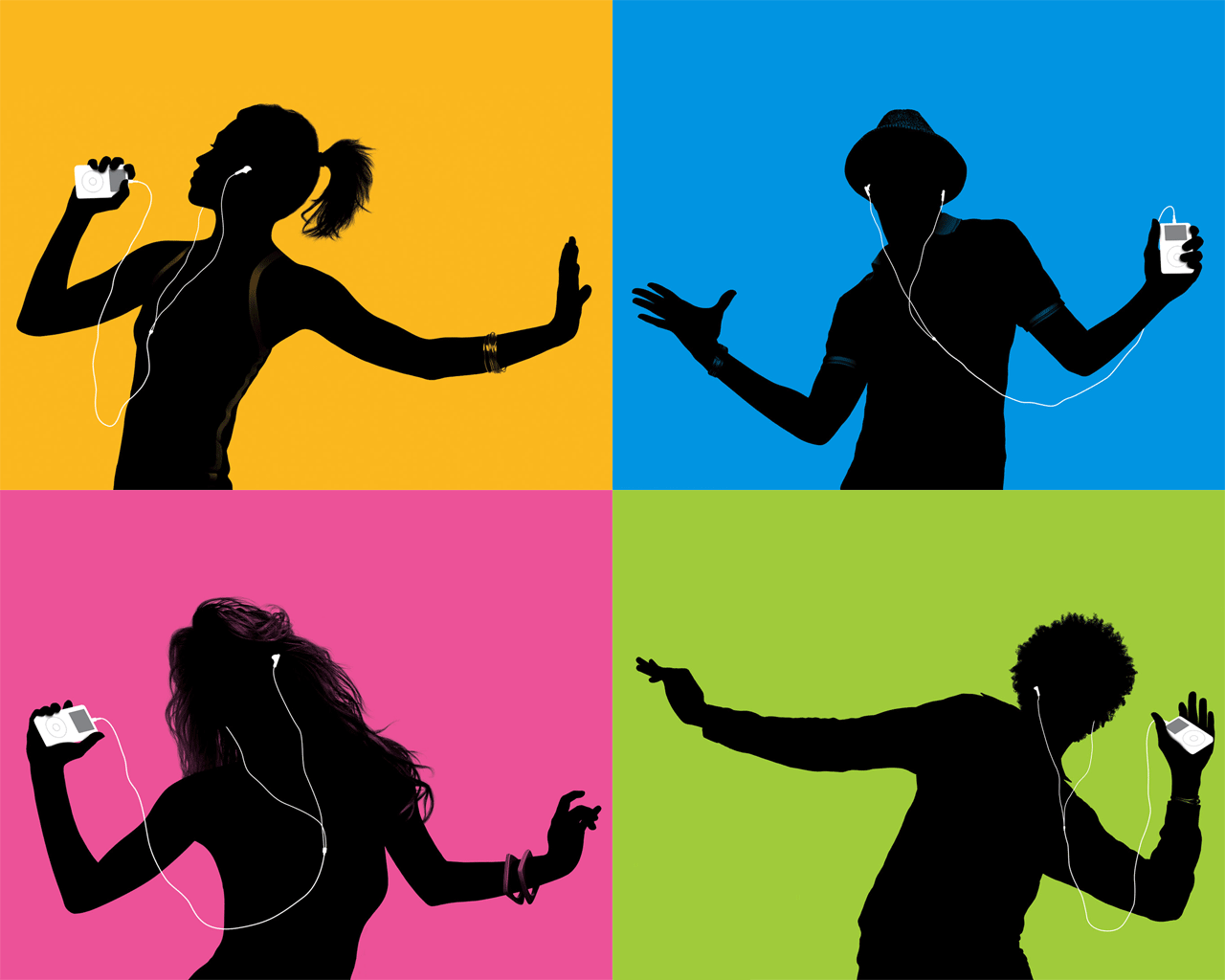
Stephen Jenkins, founder and managing director, Too Many Dreams
“The original iPod, coupled with iTunes, remains one of the classic industry disruptions of our times. When launched in October 2001, I was working in the music industry and to some, the breaking up of albums into single tracks was akin to the threat felt from weaving machines by the original luddites. And despite similar protestations, we know where they ended up.
“Arguable, this business model shift lead to the streaming worl we live in today and, in turn, the idea of loading tracks on to a device already seems strangely antiquated. That being said, if technology teaches us anything, its not to take anything for granted. If Moores Law continues to drive to cheaper transistors and ever-larger memory capacity, it is not unreasonable to think we may one day buy a device which comes pre-loaded with the entire histroy of recorded music, with only periodic updates required.
“For me, the iPod was my gateway to becoming immersed in the Apple ecosystem and was a powerful demonstration of their believe in the unity of hardware and software; neither seemed to work as well without the other. It also changed the way music was marketing, as we started to return to an era where individual tracks were as important, if not more so, than the album from which they came.
“Ive still got my first iPod in a box somewhere and its funny to think that bit of plastic looks more dated now than the shelves of vinyl filling my house. Whatever format music – or any creative content – uses in the future, you can be sure the battle for rights, distribution and disruption will continue. And the music plays on.”
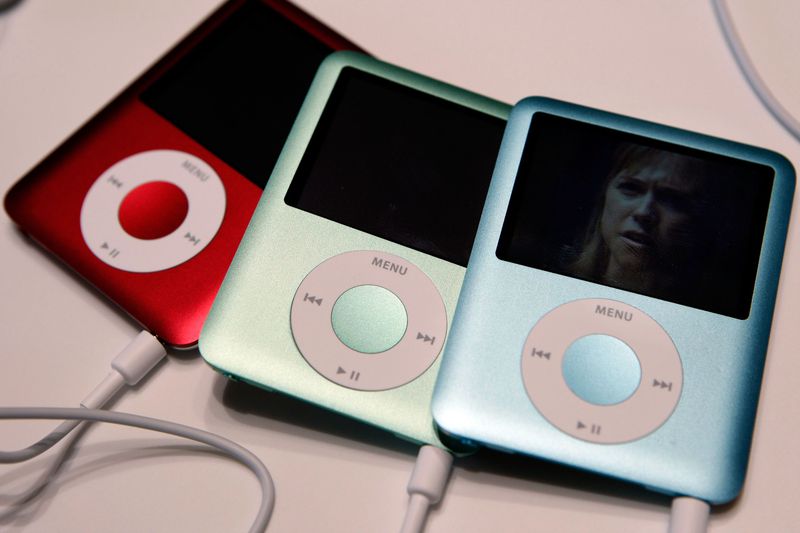
Angelo Carlos, marketing innovation manager, Universal Music
“The birth and now death of the classic iPod is a testament to how quickly technology formats evolve, subsequently changing the way we listen to music. The transition from a physical-based medium to a digital one via iPods changed the game for music fans. However, for artists and labels it was a very rocky transition by now having to deal with piracy, licences and rights.
“We are now entering the next generation leap from digital downloads to streaming services which I think has the potential to become a much smoother transition. People are now cultured with on-demand content, even outside of music, the challenge is of course educating the public of these options.
“The notion that Apple are shifting their music platform from what were physical products to music services is a prime example that music is becoming less of a basket-like shopping experience but more of an all-access service one. Consumers are now given a wider platform to easily discover new music, making the scene a lot more competitive.
“The death of the MP3 player got me thinking how we were so certain and comfortable that digital downloads were the future, while it was for a time before we transitioned to streaming. I now always wonder what transition well be making in the next 10 years, and we should be ready for it.”





